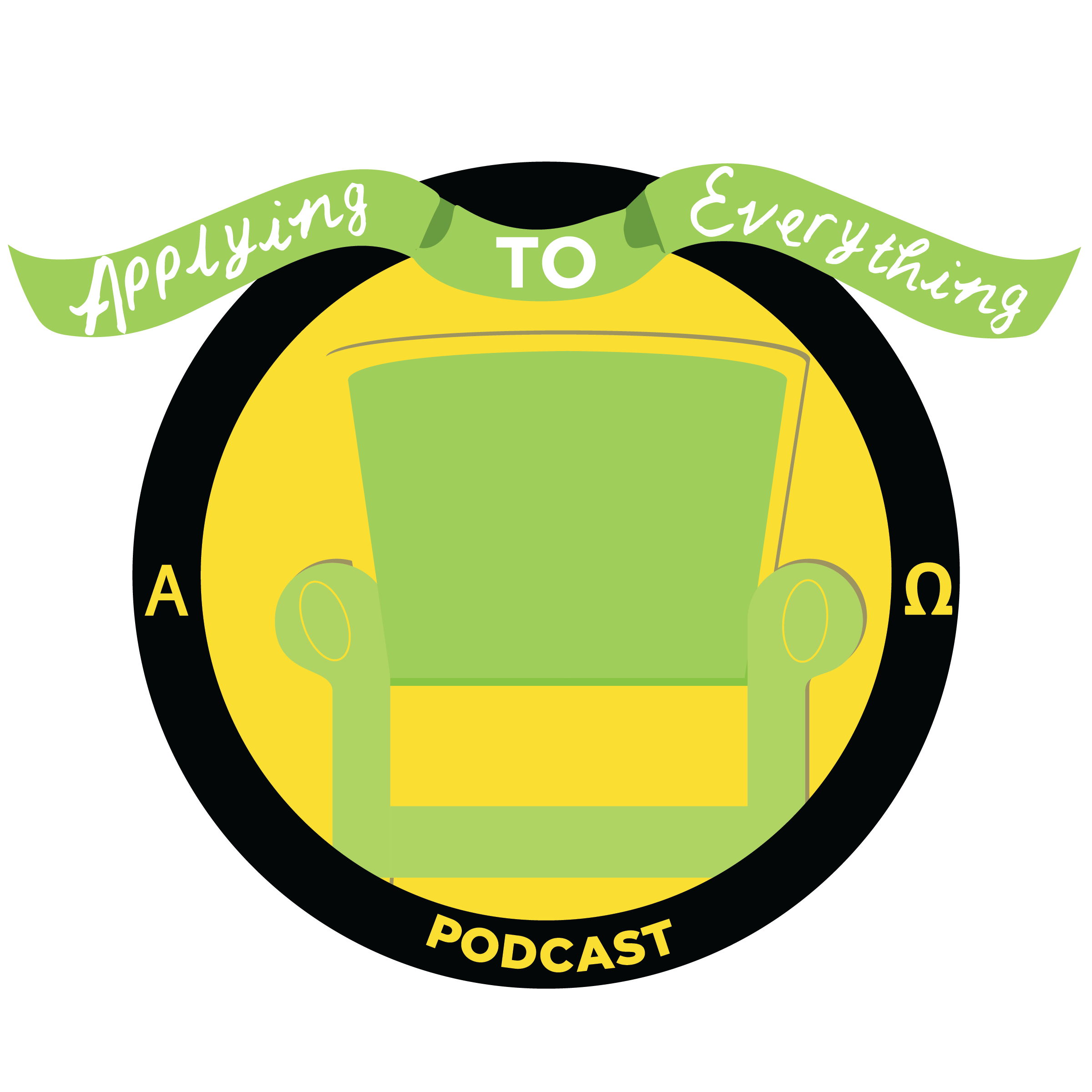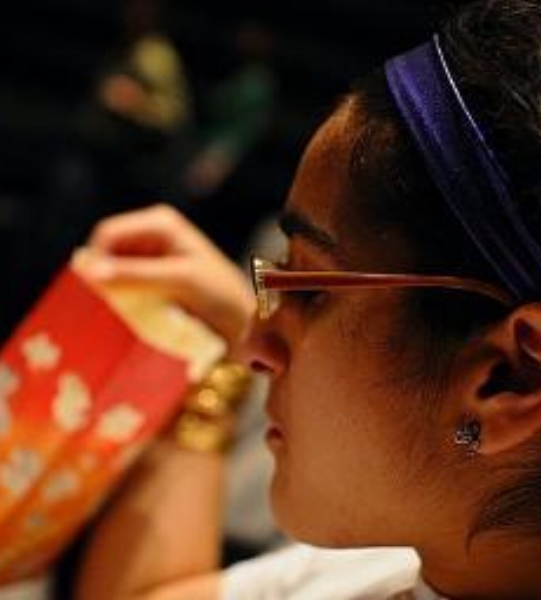Erin Essenmacher is an award-winning writer, director and producer with more than 20 years of experience in writing, broadcast and non-broadcast production with a strong focus on documentary.
She currently serves as the Chief Programming Officer for the National Association of Corporate Directors where she oversees content, programming and strategy for more than 60 virtual and brick and mortar education programs for NACD’s 18,000 members.
Erin began her production career at Hedrick Smith Productions, where she was responsible for all phases of production and outreach on several prime-time specials for PBS, including “Critical Condition”, “Juggling Work and Family” and “Rediscovering Dave Brubeck.” She has since worked as writer, producer and director on documentary films for PBS, The Discovery Channel, Animal Planet, the History Channel and Court TV, including “Duel: Hamilton vs. Burr” a special for the History Channel featuring actor Richard Dreyfuss, and the series “Body of Evidence” for Court TV.
She was produced work for corporate and non-profit organizations including Acura, Sony, the Gap, Little Pim, The Non-Profit Housing Coalition of the Bay Area, SEIU and the Lawyers’ Committee for Civil Rights of the San Francisco Bay Area.
Erin produced and co-wrote the independent film “MINE” which won the Audience Award for Best Documentary at both the 2009 South by Southwest Film Festival and the 2009 SF Doc Fest. The film received critical acclaim from a wide variety of news outlets from Entertainment Weekly to the New York Times, and enjoyed a successful theatrical run. “MINE” also aired on Independent Lens as part of the 2010 season, where it won the Audience Award for best doc.
Erin is served on board of directors of Gandhi Brigade and is former president of the board of Women in Film and Video, Washington, DC. She has served as judge for various film and art competitions including AFI Docs and the Bethesda Film Festival.
Erin holds a degree in Political Science and American Culture with a minor in Communications from the University of Michigan.





